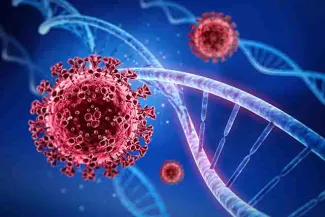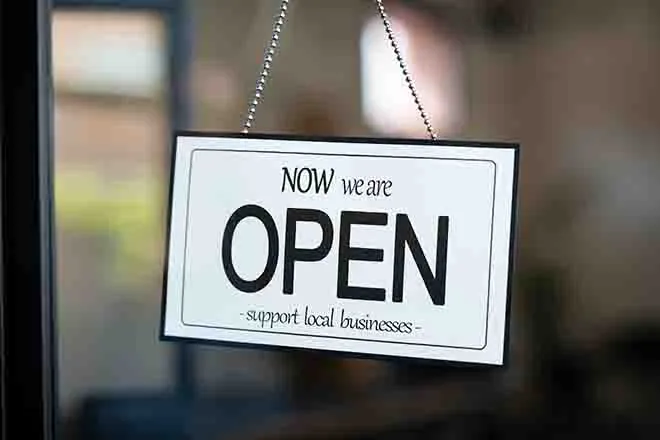
Colorado commemorates World AIDS Day
Click play to listen to this article.
Coloradans gathered at Park Hill United Methodist Church in Denver Sunday to mark World AIDS Day - joining people around the globe to show support for people living with HIV, and to remember those who lost their lives to the global epidemic.
Anthony Petro, associate professor at Boston University, said thanks to ground-breaking medical research, an HIV diagnosis doesn't have to be a death sentence.
"We do have a very good infrastructure for HIV-AIDS care," said Petro. "The medical treatments for people with HIV are very powerful and effective now."

© iStock - peterschreiber
The Centers For Disease Control and Prevention first reported on the deaths of otherwise healthy men from rare forms of illnesses associated with compromised immune systems in 1981.
Because these deaths were among men who slept with other men, some news outlets described the cause as "gay cancer" or "gay pneumonia."
When Acquired Immune Deficiency Syndrome, or AIDS, was officially named in 1982, the move was seen as a victory for gay rights groups fighting back against stigma.
A new UNAIDS report says the world can end the public health threat by 2030 if leaders protect human rights.
Of the nearly 40 million people living with HIV, more than nine million can't access life-saving treatment.
Petro pointed to a new medicine - known as Pre-Exposure Prophylaxis - developed for people most at risk, as an important tool.
"We also have PrEP as a preventive tool," said Petro, "that people who are HIV negative can take that has shown to be incredibly successful at stopping the spread of HIV."
The LGBTQ+ community is once again in the cross-hairs of the nation's culture wars, most recently seen in President-elect Donald Trump's attacks on trans people.
Petro noted that in the absence of state support during the epidemic's early years, it was local activists who took up the slack.
"Local AIDS activists all over the country were really doing the work of educating people and caring for folks," said Petro. "And that's going to be more important than ever as we move into these next four years."
















